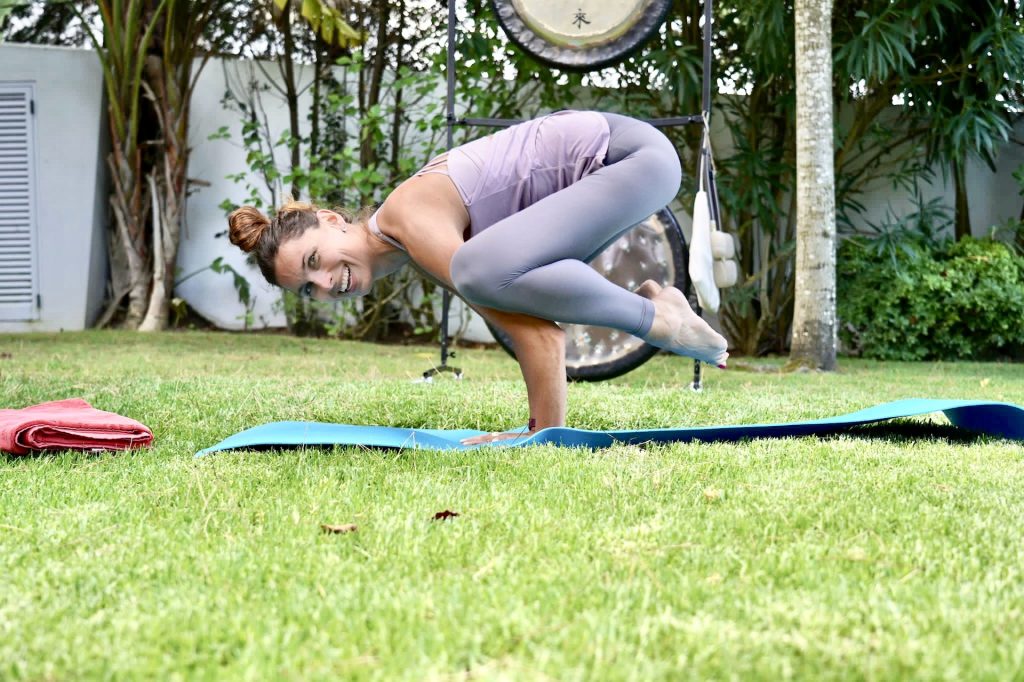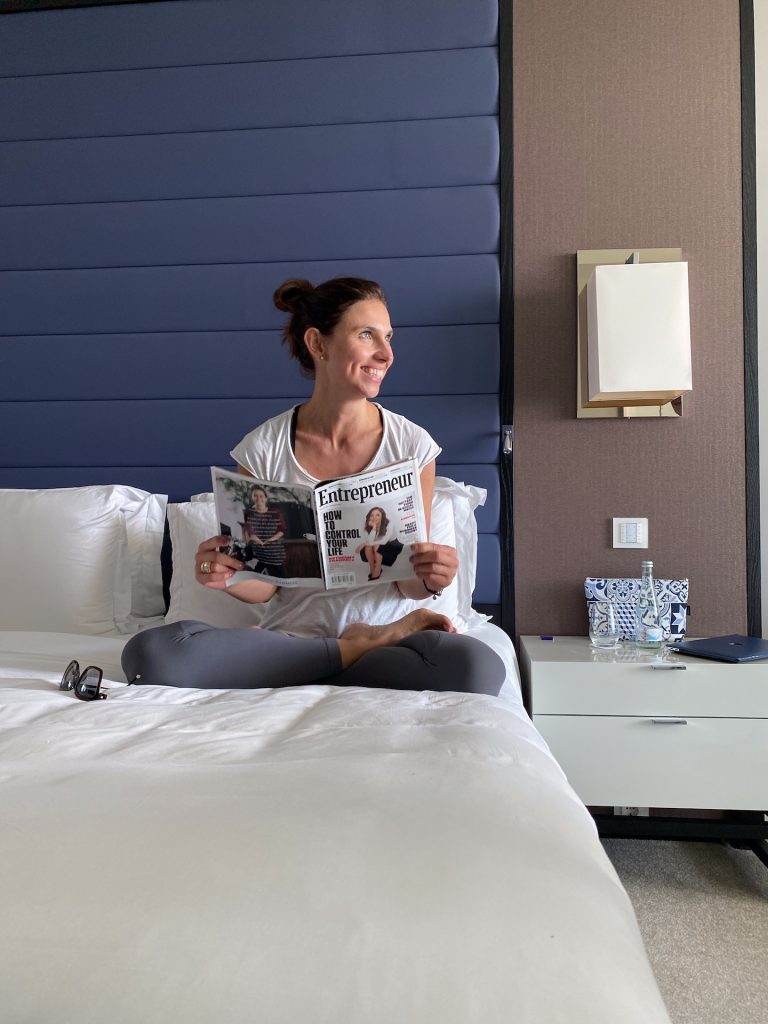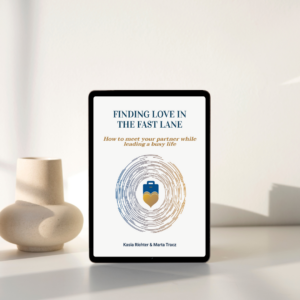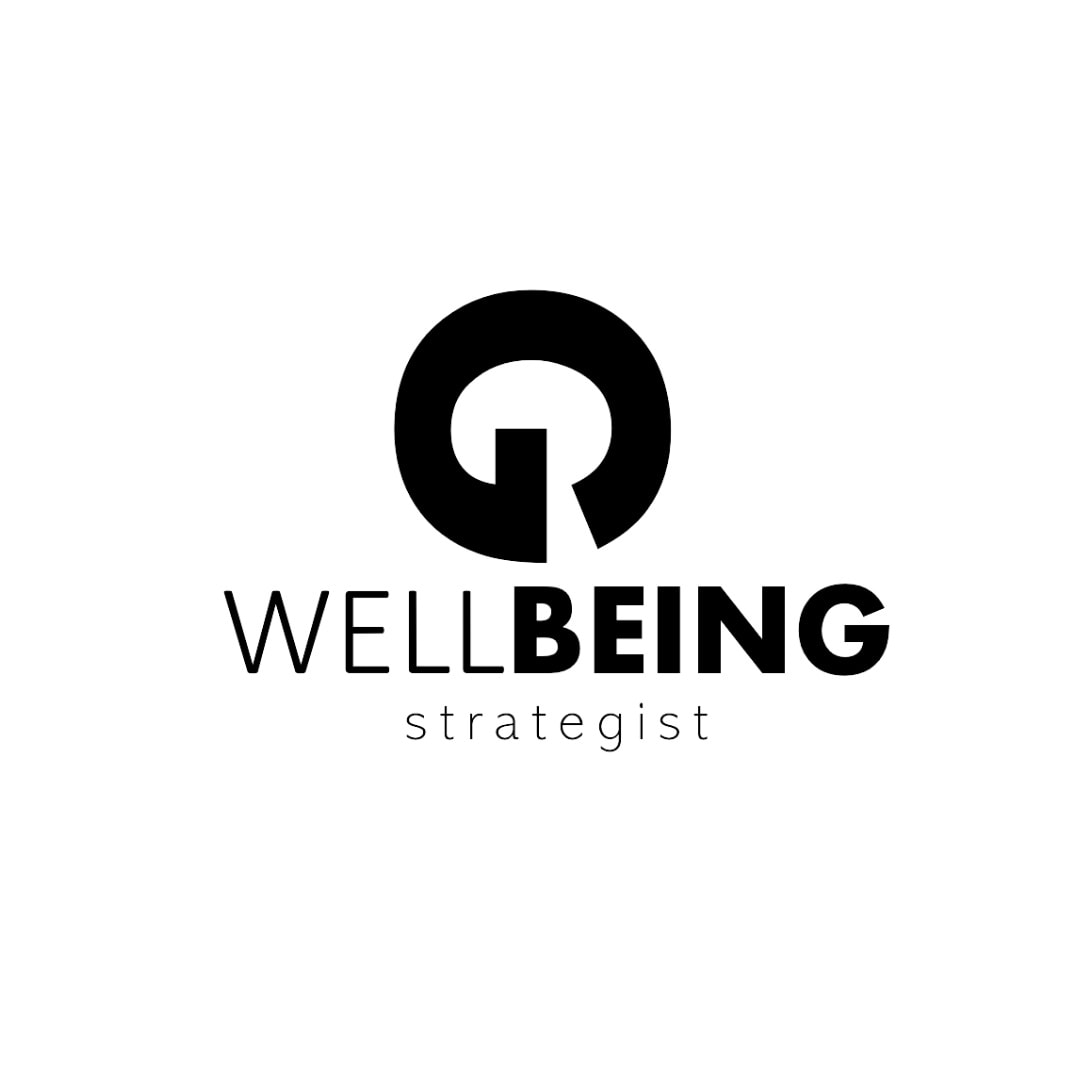Making sense of work-life balance
From this article you will learn:
- how to increase your wellbeing without neglecting your work
- what happens when you lack work-life balance
- how I was building happy & healthy life while pursuing my career
Understanding work-life balance
It’s time to start planning our work around our lives, not the other way round.
Sadly, for the majority of people in our generation, work-life balance isn’t exactly working out.
Usually, it takes a major failure in one area of our life to make this realization. Losing your health, being estranged from the family, experiencing loneliness and lacking sense of life purpose, losing a partner, divorce, hospitalization, being financially broke or mentally depleted, in order to realize that we need a so-called work-life balance. Does it have to be this way? It doesn’t, yet for majority of people it is.
We tend to think we are superhumans and forget how to be human and look after our basic human needs: our body, our mind, connection with others, enjoying simple pleasures of life.
By constantly prioritizing work and forgetting about all others areas of life, we are running a huge risk of reaching burnout and ultimately being unable to enjoy life and things we are working so hard to achieve. They typically include our family, material possessions, house, car, summer house, boats etc.
Have you ever felt unable to enjoy holidays, being in exotic locations, luxury resorts, and being unable to disconnect from work? Perhaps you worked very long in order to buy a beautiful house and you don’t enjoy it as the work takes up all your time? Perhaps you worked very hard to achieve a senior position in the company to impress others, only to realize your partner left because you never found time to nurture your relationship.
Forget about work-life balance. It is too late.
Start to focus on wellbeing and on the overall life balance.
Think about what do you want to build your life around.

My life comes first
Prioritize 3 areas of your life and give them all your attention, time and energy. They may not be perfectly balanced, and it’s ok as perfection is not a human quality.
As a matter of fact, perfectionism is actually quite harmful from the mental health point of view. Perfectionism has been linked to an array of mental health issues — a meta-analysis of 284 studies (Journal of Clinical Psychology, 2017) found that high levels of perfectionism were correlated with depression, anxiety, eating disorders, deliberate self-harm and obsessive-compulsive disorder. The constant stress of striving to be perfect can also leave people fatigued, overwhelmed and suffering from headaches and insomnia.
Coming back to the 3 pillars. It could be your work, health and family, for example. Why 3 pillars?
If you have your entire life build around one pillar only, such as work, whenever you experience a disappointment or a drawback such as losing the job, your entire life crumbles.
You have nothing else to lean on. That can destroy your confidence and sense of self-worth. Imagine you had a job that filled your entire life, you were passionate about it, fully dedicated and nothing else mattered. Suddenly the job is gone and you realize that you need to move out from the house the company provided you, perhaps even leave the country, as the company was the sponsor of the visa, you need to leave your friends and social circle and build it from the scratch.
If you have 2 other strong pillars you have built, it will be much easier to manage that situation, right?

Being the happiest and healthiest while working
During my career I have been the happiest and healthiest whenever I had a chance to have 3 pillars. Work and career have been always present and part of my focus, the remaining 2 were growth and development and health.
As I was working as a cabin crew and later on a recruiter in aviation, I was dedicating a lot of my time to yoga practice. It supported my physical and mental health, allowed me to have the required energy level and relaxing my body after long and physically exhausting flights. I also became a certified yoga teacher, which allowed me to have a smooth career transition when I decided that I don’t want to work as a cabin crew anymore.
Today, I can utilize my yoga teaching skills when working with my clients individually on career burnout or when I organize wellbeing retreats.
I also incorporate routines into my schedule that allow me to maintain my physical, mental and spiritual health, and wellbeing.

Worry less about work-life balance and focus on work-life integration instead.
Work-life integration is where your personal needs and interests are integrated into your professional life. So, while you may still have to juggle projects at the office, you can add in things like seeing movies with friends, attending a yoga class, a sound bath, booking a massage, or learning a language. You’ll find that these interests will give you energy and inspiration in the workplace, which will help you get more done faster and make your time at work more enjoyable.
Work can give us purpose and meaning, but it cannot replace our entire life.
Each of us has a personal meaning of work-life balance, dictated by our own set of priorities. Whether you want to spend more time with your family, pursue new hobbies, or simply have more time off work each week; what matters most is that as entrepreneurs, we don’t allow our careers to invade the areas of our life we value most. It’s time that we have control over how much time we spend at work, and when. This year, let’s reclaim our work-life balance and ensure that life comes first!







